Massachusetts
Food Allergy Training
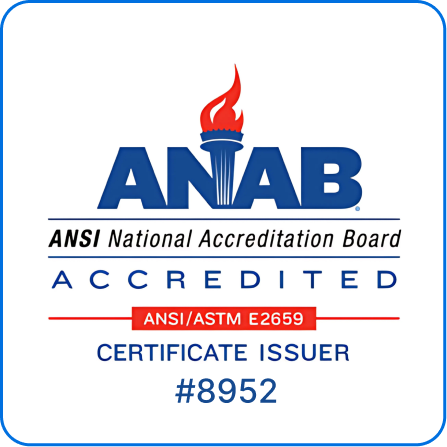
- Massachusetts Food Allergy Awareness Training
- 100% Online, Accessible 24 Hours a Day, 7 Days a Week
- Course Duration: 1 Hour
- Owners/Managers: Manage, Track, and Report Employee Progress
- Certificate of Completion Upon Successful Completion of Final Exam
- 2 Chances to Pass the 40-Question Final Exam
- Exam Passing Score 70%
- Certificate Valid for 3 Years
- Available in English and Spanish
- Great for School Nutrition Departments and College Food Services
- Bulk Discount Pricing Available
OUR CLIENTS
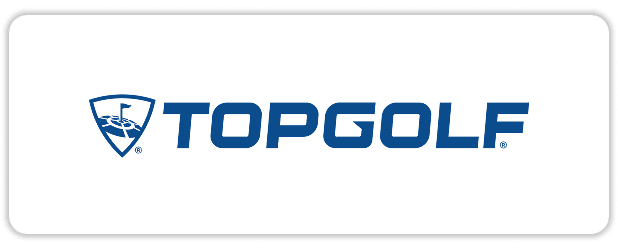


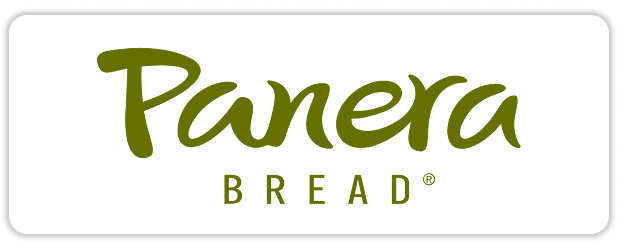
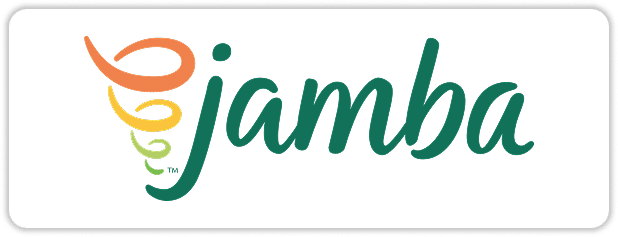

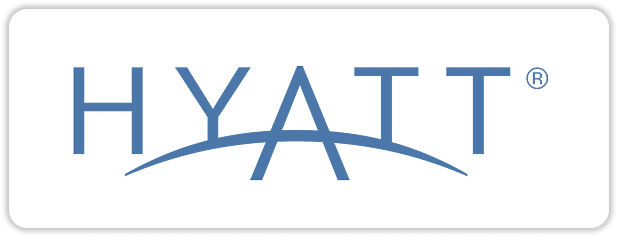
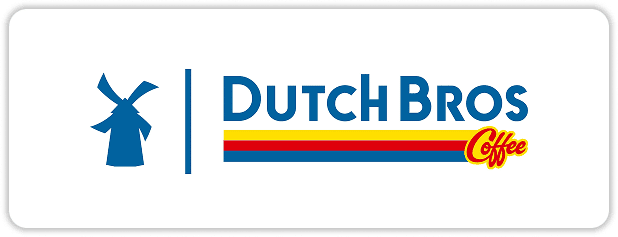

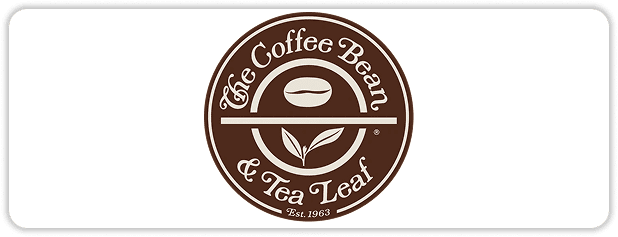
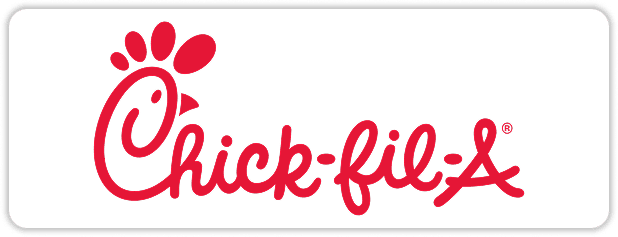
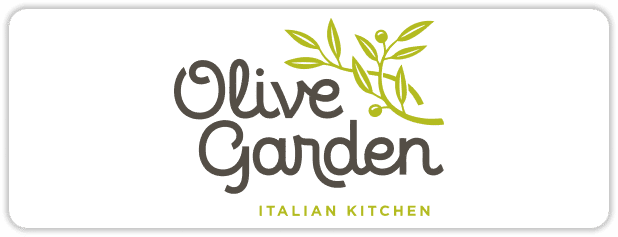
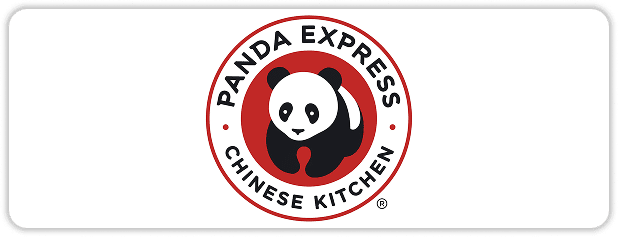
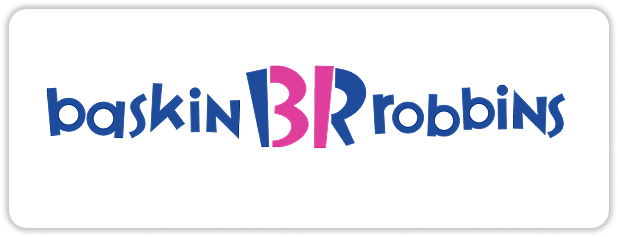
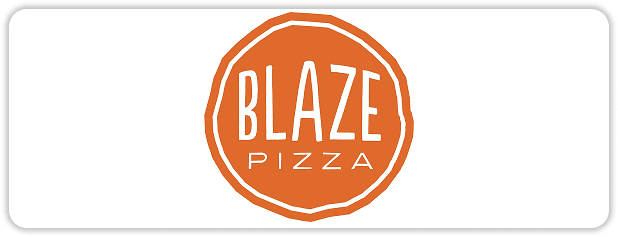
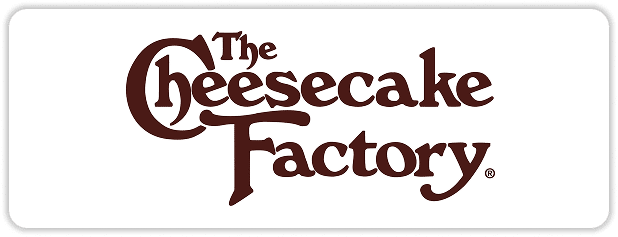
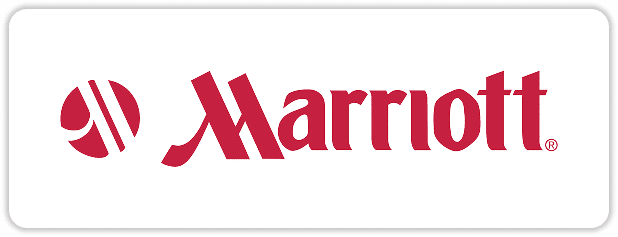

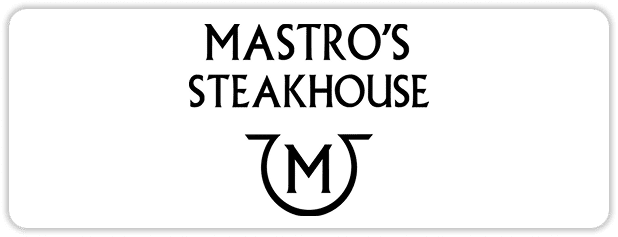
Massachusetts Food Allergen Awareness Requirements
Massachusetts was the first U.S. state to enforce mandatory food allergen awareness regulations for retail food establishments. Under 105 CMR 590.011(C), the Massachusetts Department of Public Health (DPH) requires restaurants and food service businesses to train staff, display allergen posters, and follow safe food handling practices to protect customers with food allergies.
Key Requirements for Massachusetts Food Establishments
Allergen Awareness Training
A trained person-in-charge must be present at all times. They must complete DPH-approved allergen training and educate staff based on their duties. An alternate person-in-charge must also be trained.DPH-Approved Poster
An allergen awareness poster must be displayed in staff areas, showing the 9 major food allergens and emergency procedures.Menu Allergy Notice
All printed menus and boards must include:
“Before placing your order, please inform your server if a person in your party has a food allergy.”Food Labeling
Packaged foods must clearly list any major food allergens.Cross-Contact Prevention
Staff must follow strict cleaning and sanitizing protocols to avoid allergen cross-contact.
Food establishments that do not cook, prepare, or serve food for immediate consumption are exempt from allergen training requirements. Additionally, schools, childcare facilities, summer camps, and institutions approved under the USDA Child Nutrition Programs are exempt if they:
Have written food allergy policies
Provide approved allergen training for staff.
Keep proper documentation of training participation.
These exemptions apply as long as allergen safety is still addressed through internal procedures.
BENEFITS OF Massachusetts food allergy TRAINING
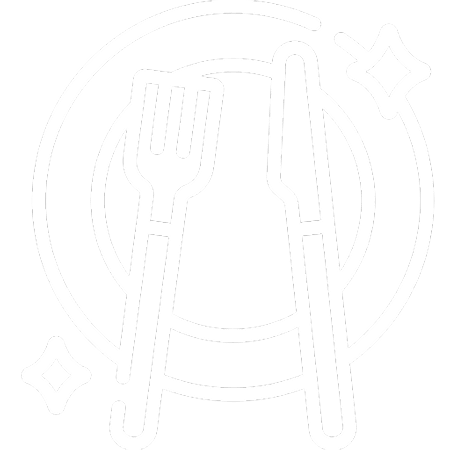
CUSTOMER SAFETY
Proper training prevents accidental exposure to allergens, reducing the risk of severe reactions like anaphylaxis. It also ensures staff can accurately address customer questions about ingredients and preparation.

INCLUSIVITY
Offering safe food options for people with allergies demonstrates inclusivity, catering to a broader customer base and showing that the business values all its patrons.

COMPLIANCE WITH REGULATIONS
Many countries mandate accurate allergen labeling, with non-compliance risking fines or closure. Training ensures employees understand and follow these regulations.

LEGAL LIABILITY PROTECTION
Proper training and documented adherence to food safety protocols can help businesses defend themselves in legal disputes related to allergen exposure.

IMPROVED OPERATIONAL PRACTICES
Training helps employees prevent cross-contamination of allergen-free foods and follow standardized procedures, reducing the risk of errors during storage, preparation, and serving.

COMPLIANCE WITH REGULATIONS
Many countries mandate accurate allergen labeling, with non-compliance risking fines or closure. Training ensures employees understand and follow these regulations.
WHY CHOOSE US for Massachusetts food allergy

- Satisfaction Guarantee
- Online Interactive Course
- Meets and Exceeds State Guidelines
- Price Match Guarantee
- Owners and Managers: Manage, Track and Record Employee Progress
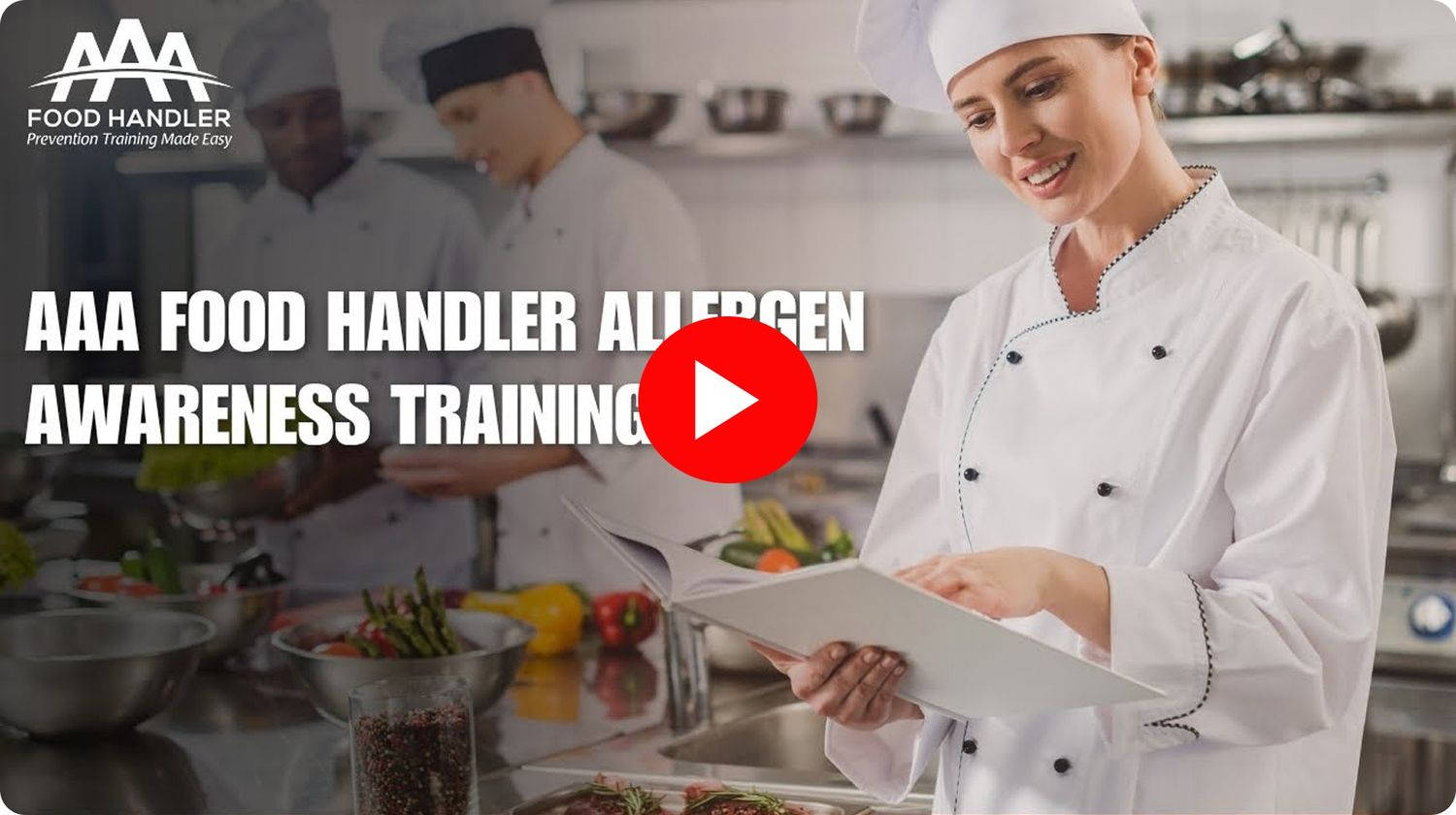
Getting Your Food Allergy Certificate Is Quick and Hassle-Free
Numerous Professionals Nationwide Have Already Earned and Renewed Their Allergen Certificate with AAA Food Handler — A Trusted Name in Food Safety Training.


